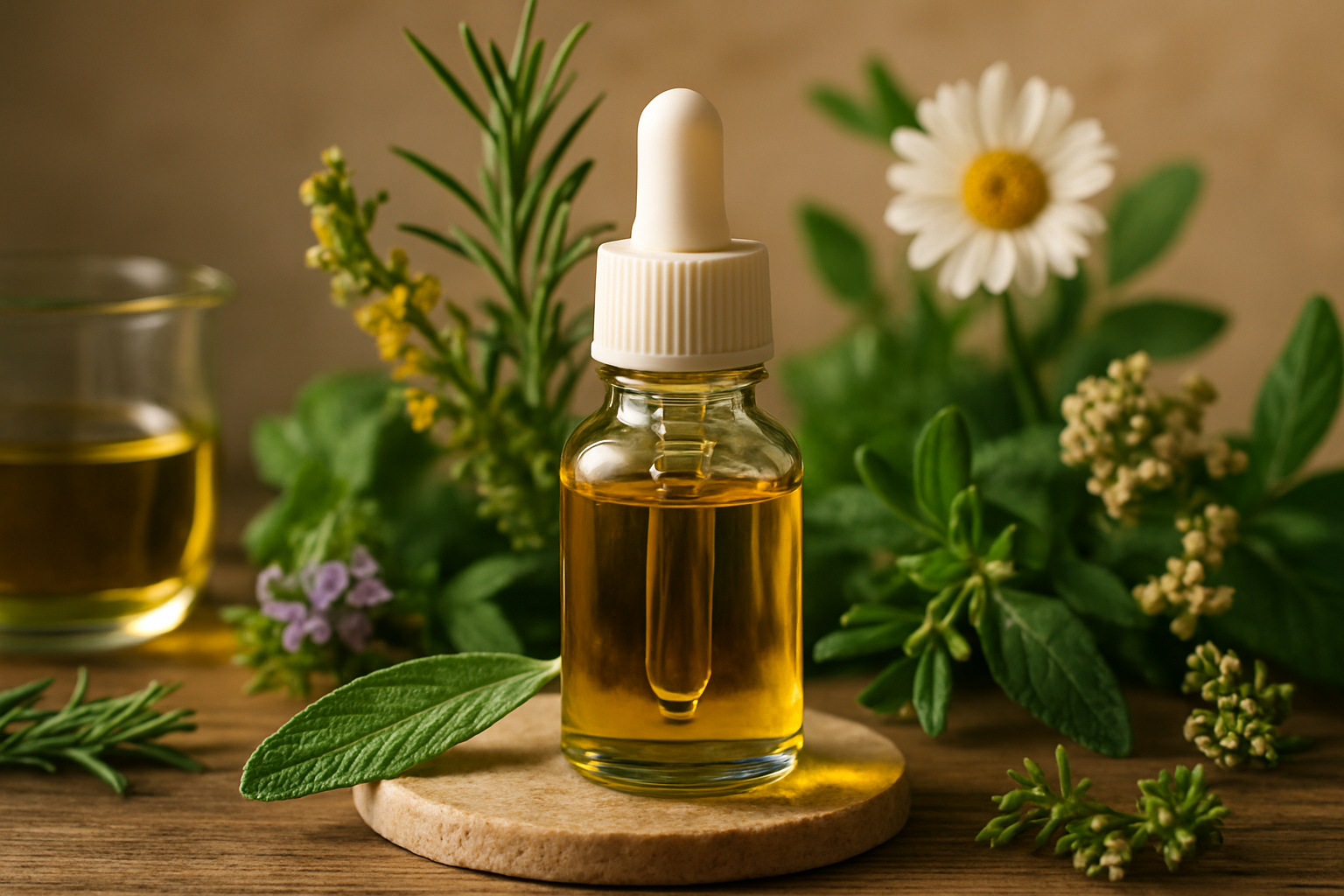Ayurvedic Skincare: Ancient Wisdom for Modern Beauty
In the bustling world of beauty and skincare, a centuries-old practice is making waves and transforming the way we approach our daily routines. Ayurvedic skincare, rooted in the ancient Indian system of holistic healing, offers a fresh perspective on achieving radiant skin through natural methods and personalized care. This time-honored approach is gaining traction among beauty enthusiasts and wellness seekers alike, promising not just surface-level improvements but a deeper connection between mind, body, and skin health. As we delve into the principles and practices of Ayurvedic skincare, we'll uncover how this age-old wisdom is being reimagined for the modern world, offering a unique blend of tradition and innovation in the pursuit of beauty.

The foundation of Ayurvedic skincare lies in the concept of doshas - Vata, Pitta, and Kapha - which are believed to be the three fundamental energies that govern physiological and psychological functions in the body. According to Ayurvedic principles, each person has a unique combination of these doshas, which determines their skin type and the most effective skincare approach for them.
Ayurvedic skincare emphasizes the use of natural ingredients, many of which have been used for millennia. These include herbs, plants, and oils that are carefully selected based on their therapeutic properties and their ability to balance the doshas. The holistic approach also considers factors such as diet, lifestyle, and environmental influences on skin health.
Modern Interpretations of Ayurvedic Skincare
In recent years, there has been a resurgence of interest in Ayurvedic skincare practices, with modern brands and practitioners adapting ancient wisdom to suit contemporary needs. This revival is partly driven by a growing consumer desire for natural, sustainable, and personalized beauty solutions.
Modern Ayurvedic skincare products often combine traditional ingredients with advanced formulation techniques. For example, turmeric, a staple in Ayurvedic medicine known for its anti-inflammatory properties, is now being incorporated into everything from face masks to serums. Similarly, neem, revered in Ayurveda for its purifying qualities, is finding its way into acne treatments and cleansers.
The concept of dosha-specific skincare has also been modernized. Some brands now offer online quizzes or consultations to help customers determine their dosha type and recommend products accordingly. This personalized approach resonates with consumers seeking tailored skincare solutions in an oversaturated market.
Key Ingredients in Ayurvedic Skincare
Ayurvedic skincare relies on a vast array of natural ingredients, each with specific benefits for different skin types and concerns. Some of the most prominent ingredients include:
-
Sandalwood: Known for its cooling and soothing properties, sandalwood is often used in treatments for sensitive or inflamed skin.
-
Ashwagandha: This adaptogenic herb is praised for its anti-aging properties and ability to combat stress-induced skin damage.
-
Triphala: A blend of three fruits, triphala is used for its detoxifying and rejuvenating effects on the skin.
-
Amla: Rich in Vitamin C, amla is valued for its ability to brighten the complexion and boost collagen production.
-
Brahmi: This herb is believed to improve skin elasticity and reduce the appearance of fine lines and wrinkles.
These ingredients are often combined with carrier oils like coconut, sesame, or almond oil, which are chosen based on their compatibility with different dosha types.
Ayurvedic Skincare Practices and Rituals
Beyond topical applications, Ayurvedic skincare encompasses a range of practices and rituals designed to promote overall skin health. These include:
-
Abhyanga: A self-massage technique using warm oil, believed to improve circulation and promote lymphatic drainage.
-
Mukha Lepa: The application of herbal face masks tailored to one’s dosha and specific skin concerns.
-
Nasya: The practice of applying medicated oils to the nasal passages, thought to benefit the skin of the face and neck.
-
Dinacharya: A daily routine that includes practices like tongue scraping and oil pulling, which are believed to indirectly benefit skin health by promoting overall detoxification.
These practices are often incorporated into modern skincare routines, with some spas and wellness centers offering Ayurvedic-inspired treatments alongside traditional services.
Scientific Validation and Industry Impact
As Ayurvedic skincare gains popularity, there’s a growing body of scientific research examining the efficacy of its principles and ingredients. Studies have shown promising results for many Ayurvedic herbs and practices in addressing various skin concerns, from acne to aging.
For instance, a 2017 study published in the Journal of Ethnopharmacology found that certain Ayurvedic herbs demonstrated significant antioxidant and anti-aging properties. Another study in the International Journal of Cosmetic Science highlighted the potential of Ayurvedic ingredients in treating hyperpigmentation.
The beauty industry has taken notice of this trend, with major companies launching Ayurvedic-inspired product lines or acquiring established Ayurvedic brands. This has led to increased accessibility of Ayurvedic skincare products in mainstream markets, further fueling consumer interest and adoption.
Challenges and Considerations
While Ayurvedic skincare offers many benefits, it’s not without challenges. One of the main concerns is the lack of standardization in herbal preparations, which can lead to variability in product quality and efficacy. Additionally, some Ayurvedic ingredients may cause allergic reactions or interact with certain medications, highlighting the importance of consulting with a healthcare professional before starting any new skincare regimen.
There’s also the risk of cultural appropriation as Ayurvedic practices are adapted for Western markets. It’s crucial for brands and practitioners to approach Ayurvedic skincare with respect for its cultural origins and holistic philosophy.
As Ayurvedic skincare continues to evolve and integrate into modern beauty routines, it offers a unique opportunity to bridge ancient wisdom with contemporary science. By embracing the holistic principles of Ayurveda while leveraging advancements in skincare technology and research, we may be on the cusp of a new era in personalized, natural skincare that truly addresses the diverse needs of individuals in pursuit of radiant, healthy skin.






